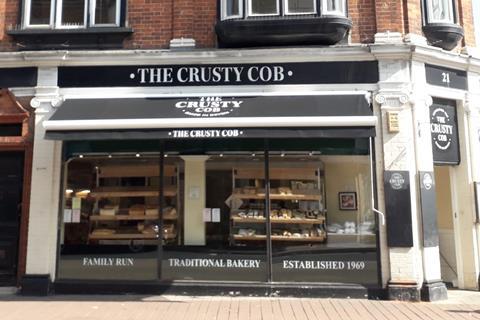
The Crusty Cob is looking to sell its business assets out of liquidation, enabling the reopening of its nine shops across Devon and Somerset.
Significant impact from a combination of external cost pressures saw the firm, which has been run by the Tubbs family for the past 55 years, announce the closure of its retail estate and production site in Exeter last month. Over 100 staff were made redundant, the majority of whom were part-time.
Included in the reasons for closure were reduced consumer demand linked to the cost-of-living crisis, increased business rates, and inflexible upward-only rent leases. The anticipated rise in Employers’ National Insurance contributions, which would have added a further £125,000 annually, had further compounded the financial strain.
Three of The Crusty Cob shops are located in Exmouth and one each in Exter, Tiverton, Honiton, Budleigh Salterton, Burnham On Sea, and Ottery St Mary, where it was originally established in 1969.
Helping support the hunt for new owners is accounting and advisory firm Azets, which recently consulted on the partial sale of Oddie’s in Lancashire with seven sites acquired by local chain Waterfields.
“This is a textbook example of the residual cost-of-living and new cost-of-doing-business crises affecting many SMEs across the UK,” commented Duncan Swift, restructuring partner at Azets. “The Crusty Cob was hit by a toxic mix of economic headwinds that, taken together, pushed a viable, long-standing business into financial distress.”
Swift noted that many businesses would benefit from early, wider-ranging contingency planning. “In today’s volatile trading environment, it’s increasingly important for businesses to consider a range of scenarios beyond their primary plan,” he said. “Exploring the ‘what ifs’ early can make a real difference. There’s a great deal of high-quality advice available – often free – which can help shape practical, alternative strategies to build resilience.”
According to Swift, there is clear evidence that adopting higher standards and providing greater transparency around product provenance can enable businesses to secure premium pricing, which directly improves margins, even in challenging markets. “Equally, focusing on core strengths and streamlining operations around what the business does best is key to long-term sustainability,” he added.




















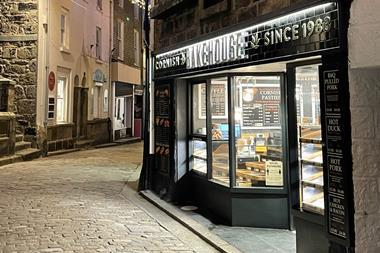
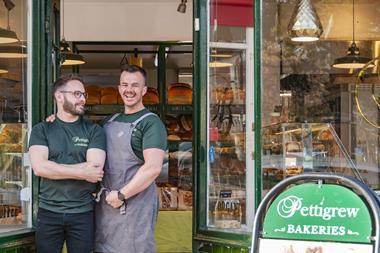

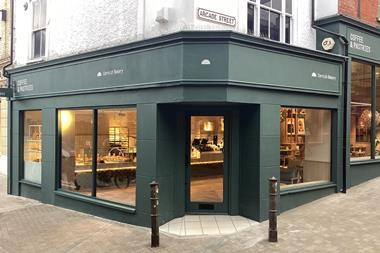
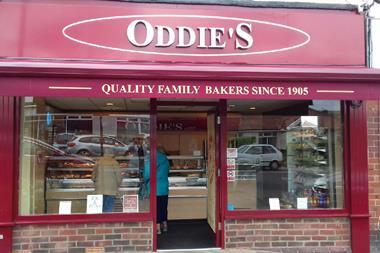
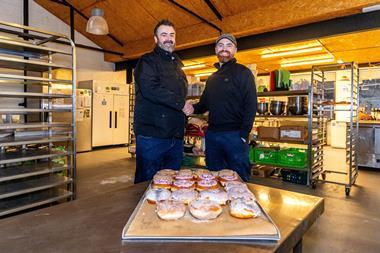






No comments yet